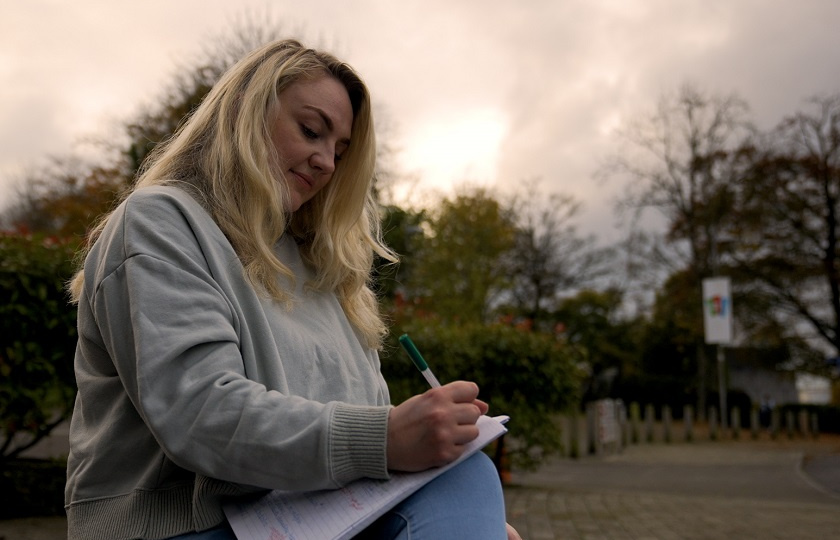MA in Modern English Literature
Available: Full-time/Part-time
NFQ Level: 9*
Duration: 1 yr FT/2 yrs PT
Location: MIC Limerick/online
Delivery Mode:
Taught
Assessment:
Online exercises, presentations, a 2,000-3,000 word essay in each module and a 15,000–20,000 word thesis.
- Programme Overview
- Programme Content
- Entry Requirements
- How to Apply
- Ask a Question
Programme Overview
Run by the Department of English language and Literature in Mary Immaculate College since 2002, this highly-successful and popular one-year taught Master of Arts programme in Modern English Literature has graduated over 160 students and 97% of these students have graduated with an honours MA degree. The programme is delivered through a mixture of synchronous and asynchronous modes, with content provided via a range of interactive online options. These include discussion forums, reflection journals, wikis, blogs, vlogs and audio recordings and online seminars. Content will be delivered live, with asynchronous options available so you can engage around your own work/home schedule, on campus or online.
Key Features
This MA in English looks at 20th and 21st century texts in contemporary ways, and offers students a chance to engage with a research-active and highly published faculty. We limit numbers to make sure that students receive one-to-one attention, and we have two research methodology modules which offer a step-by-step approach to the 15,000 to 20,000 word research dissertation.
The aim of the programme is to:
- Widen and deepen students' knowledge and appreciation of English literature and contemporary critical theory
- Familiarise students with traditional and modern technological sources for research in English literature
- Equip students with the knowledge and skills required for doctoral studies
- Familiarise students with the latest online technology as it pertains to the study of English
- Enhance students' career opportunities
All students are required to take six modules and submit a thesis.
Modules will be delivered on Tuesdays, Wednesdays, and Thursdays during the academic year from 4-6.30 pm, with additional presentations and discussions recorded so that students can access them at their own time before the blended live classes. On campus events, such as research days, writing workshops, and postgraduate research colloquia will be available in hybrid formats for those unable to attend. Library and study spaces are available to all students.


Career Opportunities
Potential career options include but are not limited to:
Teaching at primary and or post-primary level, entry to PhD programmes, Technical Writing, Journalism, Media work, Copyediting, Civil Service, Web editing, Academic Administration, Magazine Publishing (hard copies and online editions), Advertising and Marketing, Arts Administration, Library Administration, teaching English language and literature in other countries, Human Resources, Digital Copywriter, Lexicographer, Online Editor, Webmaster, Social Media Administrator/ Editor/ Manager, Research Administrator, Researcher, Information Officer, Instructional Design, Irish Heritage Studies, Genealogical Studies, Tourism, Public Relations, Commerce Journalist, Digital Education Coordinator, online and blended Learning Administrator/ Manager/ Content Provider, Digital Teacher, Digital Marketing, Corporate Blogger, Market Researcher, Policy Analyst, Search Engine Optimiser and Data Analysis.
Graduates also have the option to complete further study to PhD level; see MA / PhD in Arts by Research for additional information, including entry requirements.
Contact
Dr Eugene O'Brien, Programme Coordinator and Head of the Department of English Language and Literature
T: +353 61 204989
E: Eugene.OBrien@mic.ul.ie
Arts Office
T: +353 61 204525
NFQ Levels
*Graduate Certificates are Level 9 Minor Awards, Graduate Diplomas and Masters are Level 9 Major Awards and PhDs are Level 10 Major Awards on the National Framework of Qualifications (NFQ), awarded by the University of Limerick.
- Programme Overview
- Programme Content
- Entry Requirements
- How to Apply
- Ask a Question



